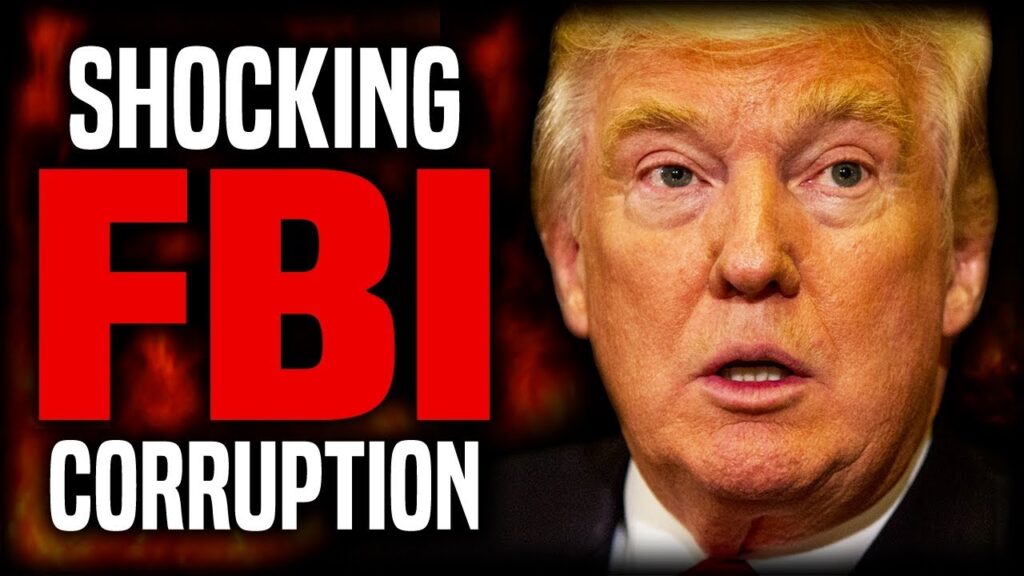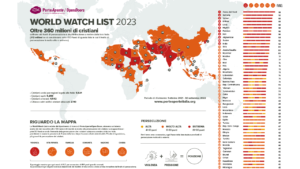FBI raid TRUMP!!!

How could the FBI/DOJ raid Trump for having classified documents when Trump declassified them before leaving the Whitehouse? The President has the power to declassify any document and he did so. The FBI and DOJ lied again and are trying to stop Trump, the RNC and Conservatives from ever holding power again. They know that in November they will be held accountable and many of them will go to jail or be given the death penalty for treason. Open your eyes America we are at war and the left fired the first shot decades ago. WAKE UP AMERICA BEFORE IT IS TO LATE!!!!
Trump posts campaign ad-style video to Truth Social following FBI raid on Mar-a-Lago
We’re A Tyranny Now (Ep. 1826) - The Dan Bongino Show
How can the FBI go after classified documents when Donald Trump as President has the power to declassify those documents and did.
Experts agreed that the president, as commander-in-chief, is ultimately responsible for classification and declassification. When someone lower in the chain of command handles classification and declassification duties -- which is usually how it’s done -- it’s because they have been delegated to do so by the president directly, or by an appointee chosen by the president.
The majority ruling in the 1988 Supreme Court case Department of Navy vs. Egan -- which addressed the legal recourse of a Navy employee who had been denied a security clearance -- addresses this line of authority.
"The President, after all, is the ‘Commander in Chief of the Army and Navy of the United States’" according to Article II of the Constitution, the court’s majority wrote. "His authority to classify and control access to information bearing on national security ... flows primarily from this constitutional investment of power in the President, and exists quite apart from any explicit congressional grant."
Steven Aftergood, director of the Federation of American Scientists Project on Government Secrecy, said that such authority gives the president the authority to "classify and declassify at will."
In fact, Robert F. Turner, associate director of the University of Virginia's Center for National Security Law, said that "if Congress were to enact a statute seeking to limit the president’s authority to classify or declassify national security information, or to prohibit him from sharing certain kinds of information with Russia, it would raise serious separation of powers constitutional issues."
The official documents governing classification and declassification stem from executive orders. But even these executive orders aren’t necessarily binding on the president. The president is not "obliged to follow any procedures other than those that he himself has prescribed," Aftergood said. "And he can change those."
Indeed, the controlling executive order has been rewritten by multiple presidents. The current version of the order was issued by President Barack Obama in 2009.
The national-security experts at the blog Lawfare wrote in the wake of the Post’s revelation that the "infamous comment" by President Richard Nixon -- that "when the president does it, that means that it is not illegal" -- "is actually true about some things. Classified information is one of them. The nature of the system is that the president gets to disclose what he wants."
FBI LIES:
These are just a few of the headlines with links to articles I found in 5 minutes of looking. The FBI is corrupt and anti American and has sold out to the DNC and China. We are all in trouble and they will come and kill us all if they are not stopped. Your life and the life of your family is in DANGER! Vote and peacefully protest or we are DOOMED!!!




